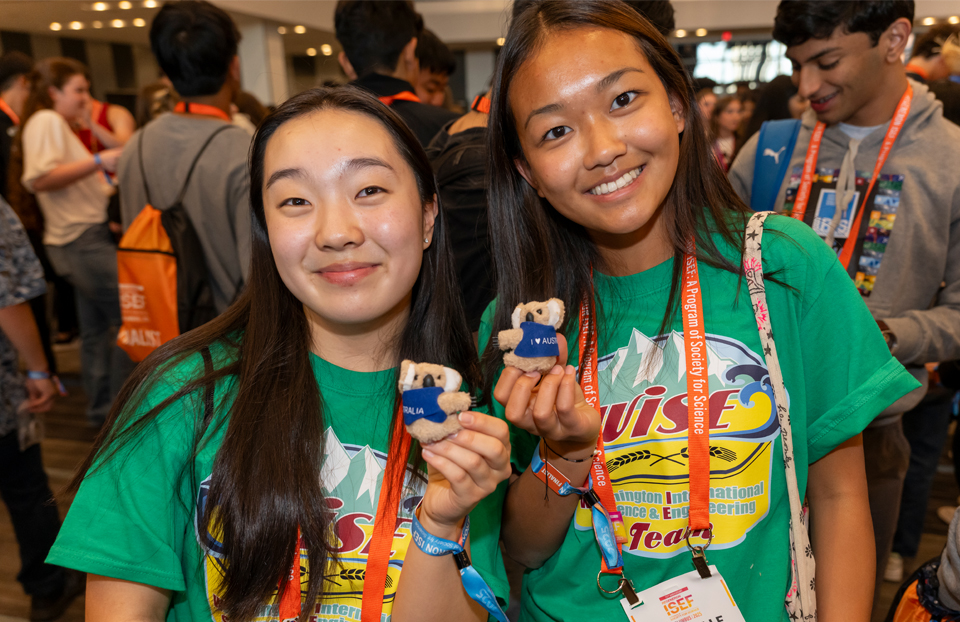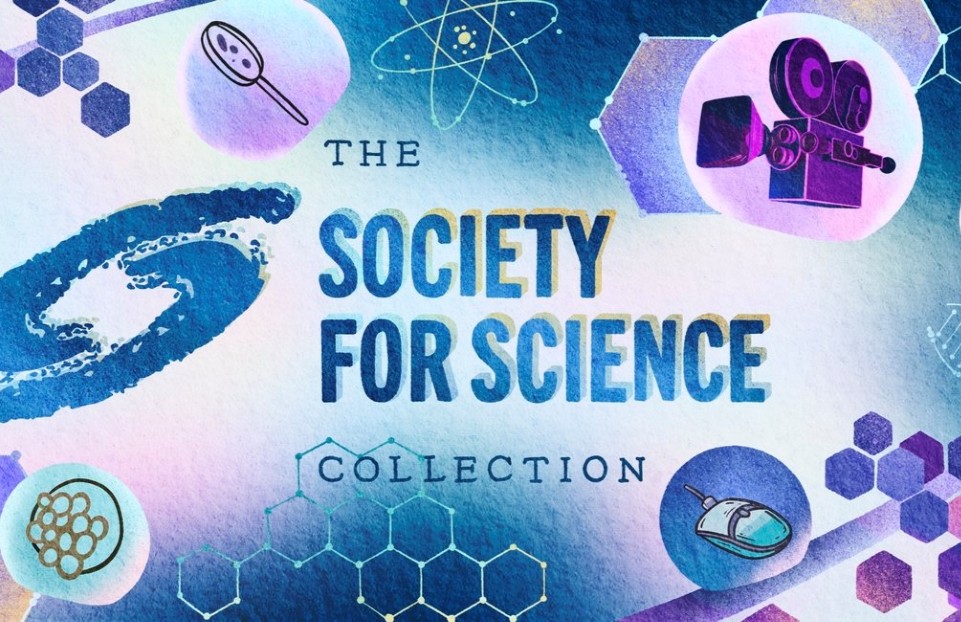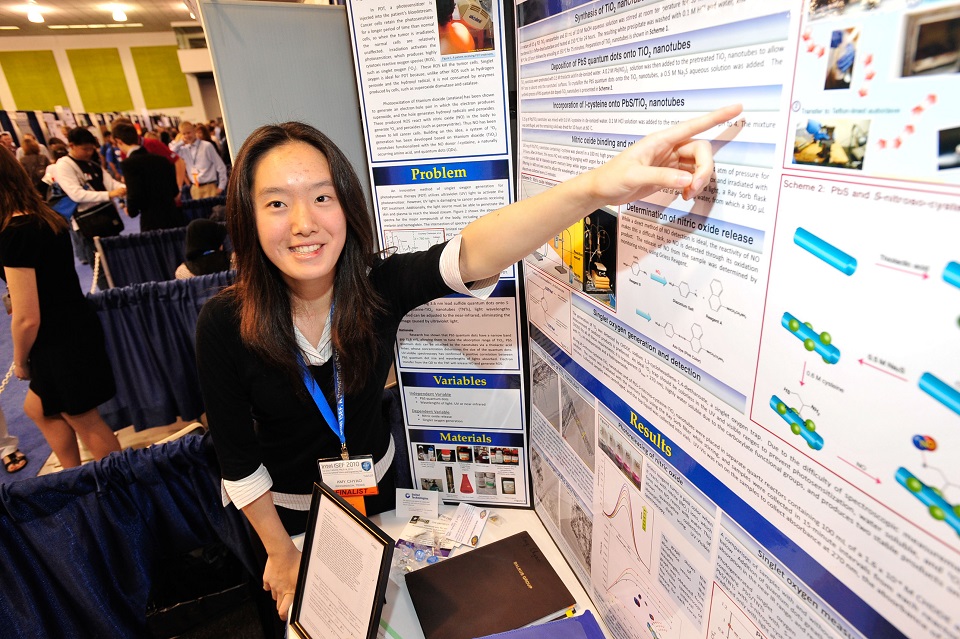Five questions with Allison Jia, winner of the $50,000 Intel Foundation Young Scientist Award
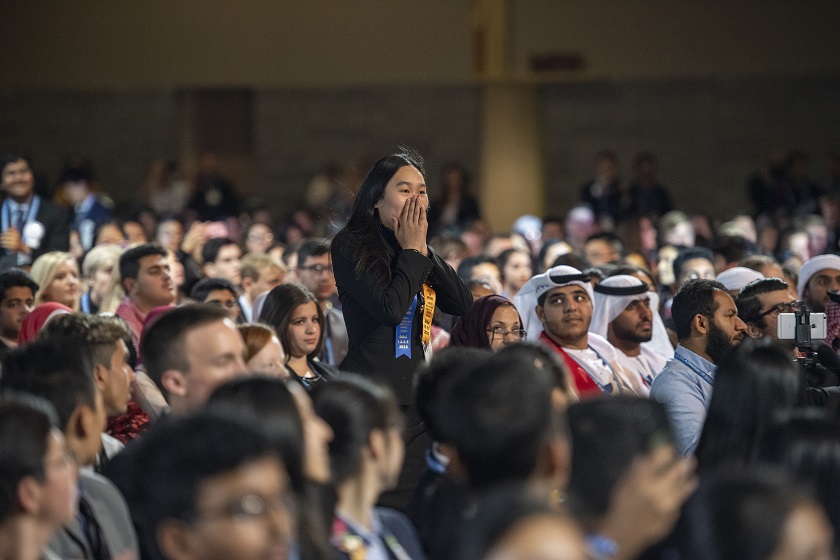
This post is part of a series profiling the top award winners of the Intel International Science and Engineering Fair (ISEF) 2019. Intel ISEF is the largest pre-college, international STEM competition in the world. This year’s competition included participants from 80 countries, regions and territories. Every year, the brightest young scientists from all over the world come together to participate in this incredible fair.
In this year’s competition, Allison Jia of Cupertino, California, received $50,000 as one of two Intel Foundation Young Scientist Award winners, one of the top awards at ISEF. Allison developed a new way to make tau proteins, biological components that are associated with neurodegenerative diseases such as Alzheimer’s, more easily visible. How did she do this? She traced toxic tau proteins tagged with nano-sized particles called quantum dots, which glow in ultraviolet light, in brain cells. Her system enabled researchers to visualize an important step of the neurodegeneration process.
Here is our conversation with Allison.
What was your experience like at Intel ISEF?
Eye-opening and incredibly inspirational. It’s truly amazing to be able to mesh with so many people as passionate about science and problem solving as I am. I am incredibly humbled to have met so many students from different places and to have learned about them and their projects. What I find unique about ISEF is that after the fair ends, the community stays connected through various social media groups or projects, such as the Drop the Stem Podcast, started by ISEF finalist Blanka Novak.
What’s the biggest lesson you’ve learned thus far in your scientific career?
Always stay calm when facing setbacks. Only then is it possible to find solutions to problems. Especially when working in a wet lab, a small mistake can set you back days or even weeks. In my case, I had forgotten to add a supplement to my neuron media which caused my neurons to continue dying for a week. I quickly learned that panic and frustration could not save my neurons. Ultimately, staying composed and methodically troubleshooting allowed me to identify where I had gone wrong, address the problem and try again.
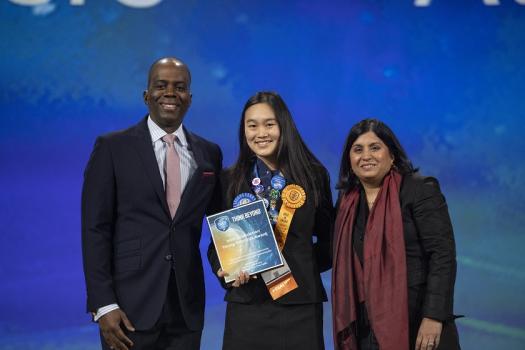
What is the last book you read?
Beyond my interest in microbiology, I also love to learn about our environment. This summer, I’m taking a human ecology course with the goal of understanding human interactions with the environment, sustainability issues and global climate change. I just finished reading a book assigned in the course titled Blonde Indian, a memoir by Alaskan native Ernestine Hayes. The book contains the story of her childhood and community as well as the rich culture of indigenous people and their relationship with the natural world.
What is something that people aren’t worried about that they should be more worried about?
More people, especially students, should be more concerned about the current events, debates and policies being enacted now that will shape our future. While it may seem as if these decisions don’t affect us, they do, no matter how indirectly. It is our duty to educate ourselves on what’s happening on a regional, national and global scale in order to take action to support what we believe in. Whether through personal change or public reform, students and young people around the world have voices that we should use. Decisions should not be made for us; rather, they should be made with us.
What issues do you feel all countries should unite to take on?
All countries should unite to promote equal access to education and encourage students to make global connections and collaborations. Some say education is the key to success, but I would argue that it’s both education and experience. Education teaches us about the world we live in, enables us to make well-informed decisions and offers us better opportunities to improve our lives. Experience humanizes our education, inspires us to be more open-minded and allows us to create meaningful relationships with others to give us a deeper understanding of the world we live in. Together, education and experience push us to become united global citizens responsible for improving the world for the next generation.
